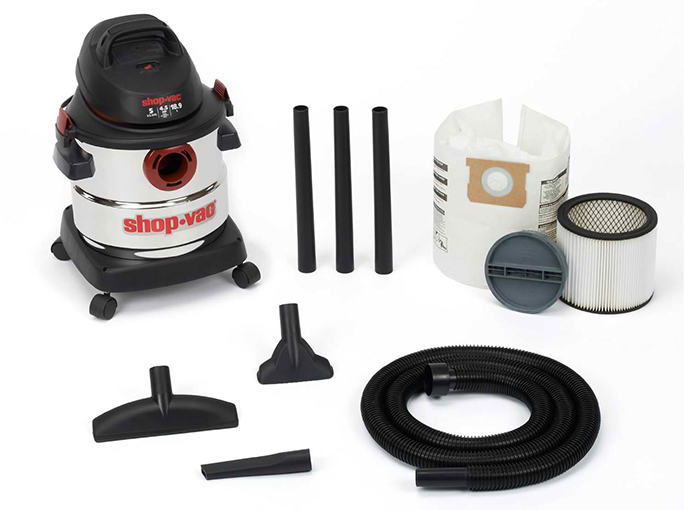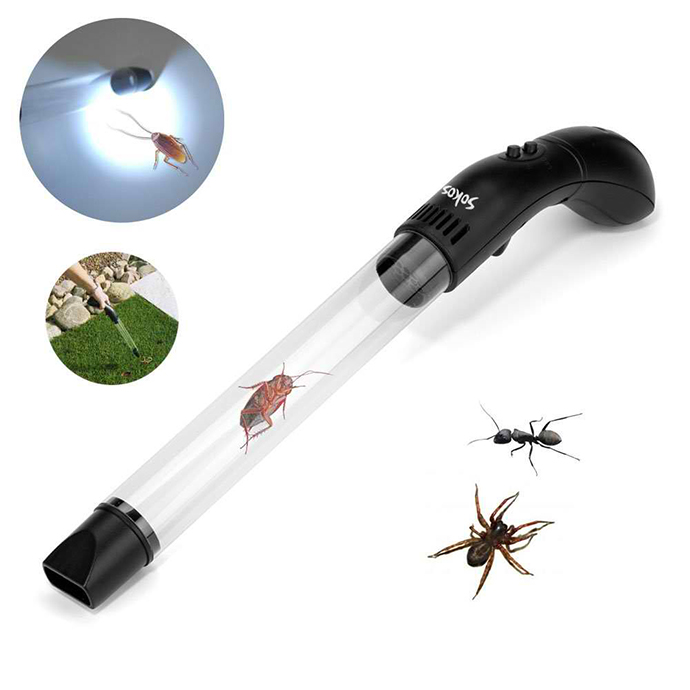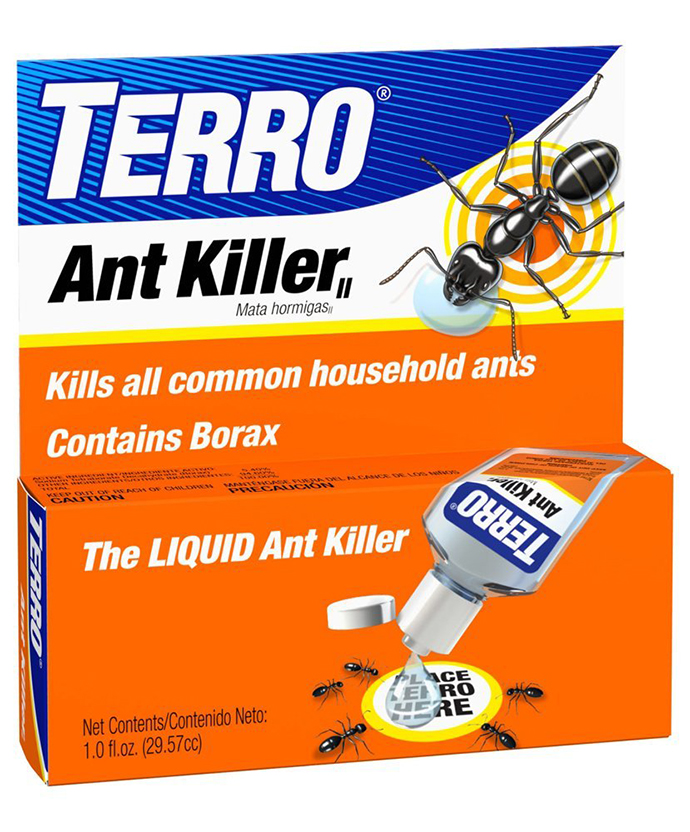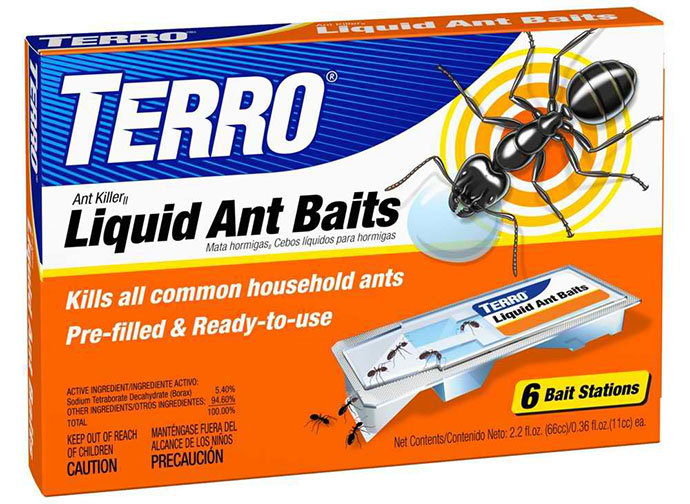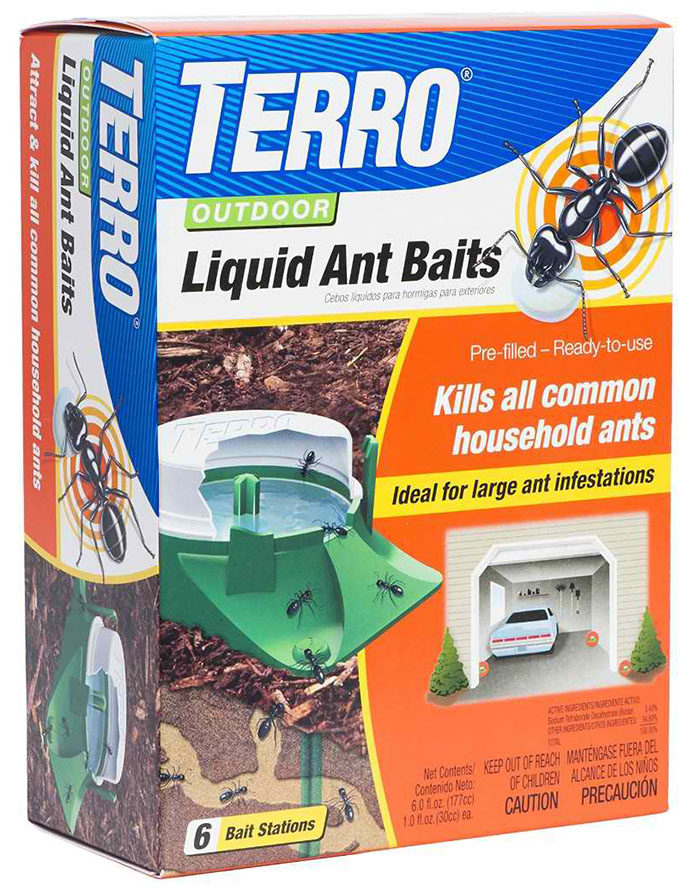How to Get Rid of Ants in your Home
Ants are not detestable creatures. But seeing them crawl everywhere from your yard to the kitchen countertops can be pretty vexing. Insects visit your home as they are attracted to the food you eat. But guess what? You can use this same food to repel these nasty little pests. One of the easiest and the most efficient ways to kill ants is by spraying lemonade or peppermint-flavored water on them. However, if you can’t end up destroying them despite these preventive measures, here are a couple of additional guidelines that’ll surely help you to figure out how to get rid of ants.
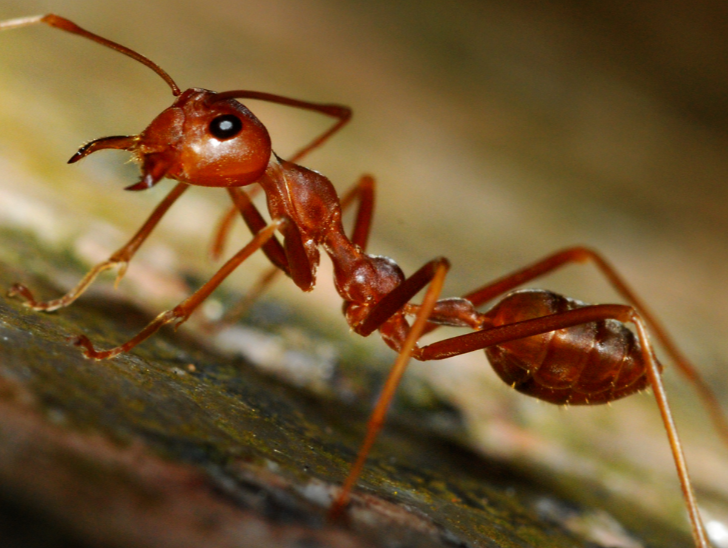
How Do They Get Inside your House?
Ants venture to your homes on the lookout for food and comfortable ambiance. While most of them live on the branches and leaves of plants, if they are located in close proximity to your house it can always act as a bridge and turn out to be an invitation for them to enter your home. They will visit your household in the hunt for food and will efficiently find it if you do not ensure any precautionary measure.
The 3 Best Ways to Get Rid of Ants in your Home
You can always get rid of ants by following a couple of easy and efficient methods. Some of them are listed below:
1. Kill the Trail of Ants
A trail of ants can be destroyed easily and quickly. Not only does it kill every ghastly little insect in the line, but it also deters every other insect that follows that trail. It is highly recommended that you begin the killing spree by initially identifying the beginning point of the bug trail. You can then kill this trail by dipping a sponge into the foamy/soapy water and eventually wipe the trail down. At the same time, you can also use petroleum jelly, talcum powder, or duct tape to kill them. Continue with the procedures until you successfully rid the entire insect line.
For other areas that are infested with ants such as carpets and rugs, you can definitely use a good powerful vacuum that is made for these types of situation like the Shop-Vac 5-Gallon 4.5 Peak HP Stainless Steel Wet Dry Vacuum. This powerful machine will sure suck all the little buggers right out of their hiding places.
And for the more humane treatment of these insects, you can try the Pest Control, Sokos Humane Insects and Bug Catcher Vacuum
2. Use Chemical Sprays to Ward Them Off
Chemical spray made out of vinegar or bleach is also a good way of ridding every kind of ant. You can always spray some these near your baseboard, countertop, crack or any possible place where they are likely to travel. You can either spray some of it to get it dried on the surfaces or have it wiped with a spick and span cloth. This will not only get rid of the chemical trail but will also help you to evade the stragglers. Continue this procedure several times a day for the best results.
Also it's advisable to vacuum your home regularly as to remove the little pieces of food that are lying around on the floor, these pieces of food are very attractive to ants and they will be going in and out of your home to collect these. Also, if you use chemicals to kill the insects or prevent them, make sure to vacuum the trail as well to remove any and all traces of the little buggers.
3. Squish the Lone Ants
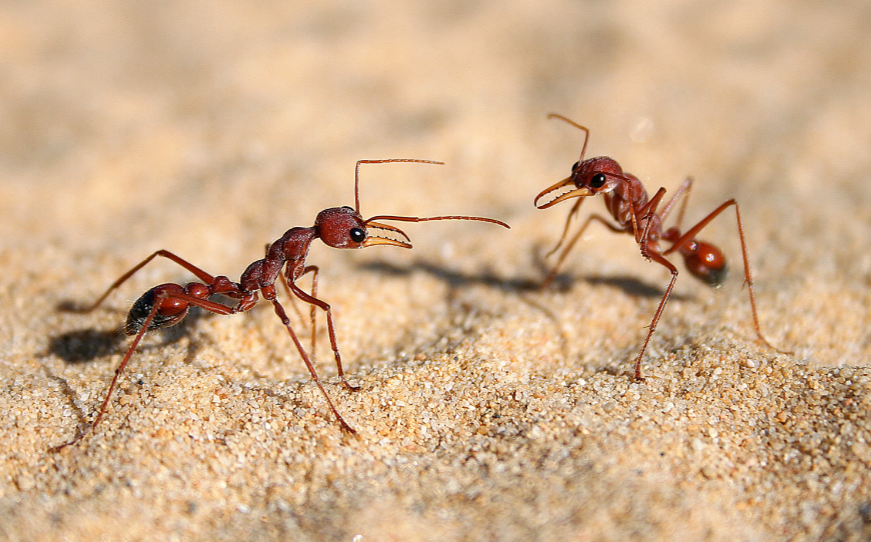
A colony of insects sends an individual insect to look out for the best possible sources of food. So, if you find a single ant strolling randomly along your kitchen countertop for food, make sure it doesn’t reach the colony alive. In case it does, it will let the other ants know where you have spilled your coffee or juice. If the lone ant goes back to its colony and come back with a couple of buddies, they would be following each other in a trail. So unless you’re prepared to fight them out, get rid of them right away.
What are Carpenter Ants?
Carpenter ants are those insects that are usually found in and around your house and other wooden areas. They don’t carry the bait back to their colonies, so you need to get them killed right at their very source. This also means that you need to act like a detective in figuring out their nests. Getting rid of these bugs might seem daunting initially, but following the right measures, it won’t be much of a hassle.
One of the easiest and most efficient ways to get rid of carpenter ants is by spraying DE or diatomaceous earth. This substance is entirely organic and chemical free. On top of that, being made of skeletal remains and small plants like algae, makes it out to be entirely natural.
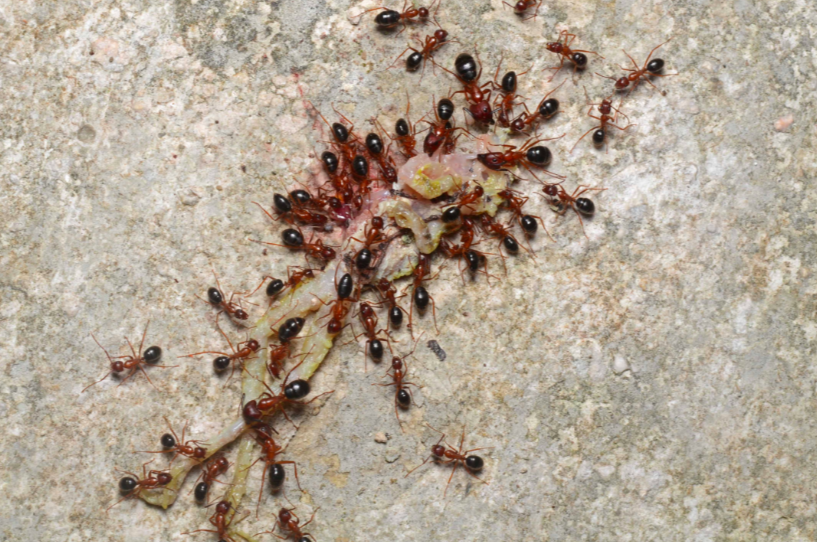
This dust is lethal for these annoying insects. The microscopic edges of the dust will pass through the body of the insects, dry them, and finally kill them. The carpenter ants will completely shred their insides if they ingest this substance.
Various kinds are DE, are available in the market. However, you should specifically ensure that food grade DE is chosen for the best range of pest control. This substance is safe to use around your little ones and pets. You can also quickly sprinkle this all along your home and yard without having to think of any significant threat.
If you’re looking out to get rid of carpenter ants completely, you should ensure that DE is properly injected into their colonies. You can always use a medicine dropper for squirting the dry DE along the cracks of the bug colonies. At the same time, you can also use some gadget for spraying it along the holes and cracks. DE needs to be reapplied from time to time particularly after it rains.
The best and the most effective advice that can be given in this regard is to stay in close watch. Those pesky little insects can always relocate their nests and look out for new ways to get inside your house. If you find the slightest kind of resurgence, be ready to get rid of them once again.
How to Prevent an Ant Infestation in Your House?
To prevent insects from entering your homes, you need to be extra cautious about the cracks, fissures, doors, and windows. Make sure to seal the open edges of your home with caulk. This will not only help you to evade insects, but will also provide consistent temperature control and reduce a good chunk of your electricity bill. On top of that, caulk is one of the easiest, simplest, and least harmful measures to get rid of those pesky bugs. You can also try sprinkling baby powder and perfume at the cracks and fissures or rub a small amount of Vaseline near their opening because most ants detest these elements.
Many people who own birds are also trying to get rid of these pesky insects from their homes and yards, and most of them have failed doing so because the little bugs just keep coming back. So, if you want to find out how to keep ants out of your home, then read on.
Some people would suggest that ant traps and baits work but when your house is about to be infested with these little creatures, you definitely have to come up with another way to get rid of them quicker. That is why on this website, we preach prevention before cure as it's much easier to prevent these infestations from happening than coming up with a solution to remove them from your home.
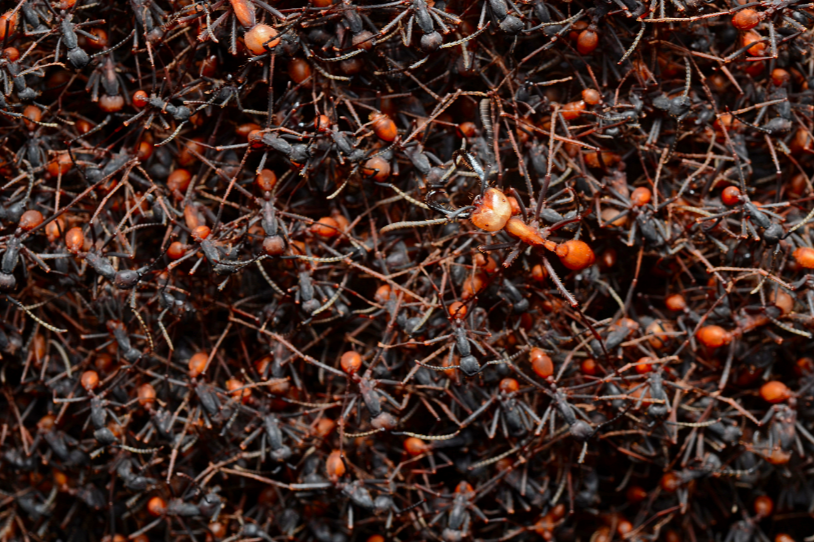
So, follow these guidelines and the bugs will soon be at bay. Your homes will be cleaner, fresher and a tad bit more hygienic.
What is the Best Ant Killer or Poison Out There?
Yes, an insect infestation is something that is a hassle to deal with, but the good thing is that they are just as easy to get rid of. Here are a few chemicals to get rid of these little insects from invading your home and your sweets!
- Vinegar (Minor cases)
- Bleach (Minor cases)
- Boric Acid (RECOMMENDED)
Vinegar
Vinegar is one of the few household products that can work but it only works in huge amounts. Vinegar has been proven to help with ant infestation but only to a certain degree. It sure does kill ants in the process but if you're dealing with a colony, you might have to go with something more powerful than this.
Bleach
The same with vinegar, bleach is another household item that is used to kill off ants. It's pretty cheap and can surely poison these little buggers but it won't get the job done quite as well if you have a huge colony living in your backyard. Read more about other solutions like "can bleach kill ants?" on this page.
Some also suggest using baking soda to kill fire ants, so if you want to learn about that method, you can read it on this page.
Boric Acid (Highly Recommended)
For severe cases of ant infestation, there is nothing better than using boric acid to kill off an entire insect colony. It might not work as fast as the previous two solutions, but it sure does work 10x better. Slowly destroying an entire colony or infestation is what boric acid does best, and that is why it was made in the first place. So, if you're having any problems with these bugs in your home, make sure that you buy some boric acid to finally rid of them.
And, if you want to really know if boric acid can really kill ants then head over to this page to learn more about it.
Terro® Ant Killer II is applied like liquid drops on cardboard squares, you do need to keep applying this daily to be more effective in destroying these insects.
If you are not satisfied or feeling a bit messy with Terro Ant Killer II then you can use Terro® Ant Killer Liquid Ant Baits and it's already setup for indoor use. All you have to do is take it out of its box and putting it somewhere safe.
Same concept for Terro® Outdoor Liquid Ant Baits, but you can set it up outdoors.
The Verdict
We have concluded that if you really want to get rid of these insects in your home, then you have to use some powerful chemicals. Although vinegar, bleach and baking soda (in some cases) may be able to help when it comes an ant infestation, they won't get the job done properly. If you really want to remove them from your property then you either have to use boric acid or call an exterminator but since boric acid is so much cheaper than hiring professional help, most people tend to go for it because it does work.
We hope that you liked this post on how to get rid of ants! If you want to learn more about pest prevention, infestation and DIY pest removal, then head over to our homepage to get more quality information.

